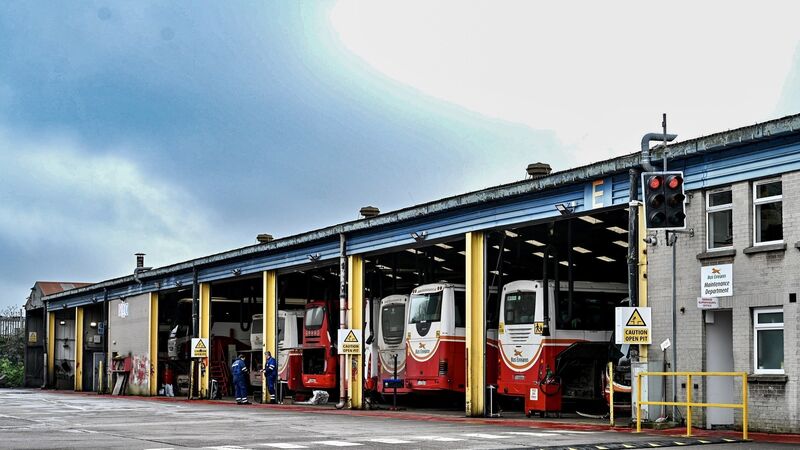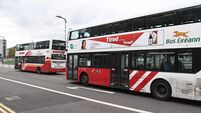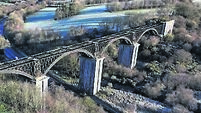Traffic flow hindering Bus Éireann’s plans for efficient bus service in Cork City

Capwell bus depot in Turner's Cross, Cork city is home to the inner workings and central control room of Cork’s Bus Éireann network of city and national services. Picture: Chani Anderson
The frustration of waiting for a bus to arrive or not to come at all has become an all-too familiar occurrence for weary commuters, students, and older people in Cork city in recent months.
For a country that plans a massive shift to public transport in the coming decades, the problems that beset its second city should sound a warning that sound planning, politically difficult decisions, and huge investment are going to be needed.














